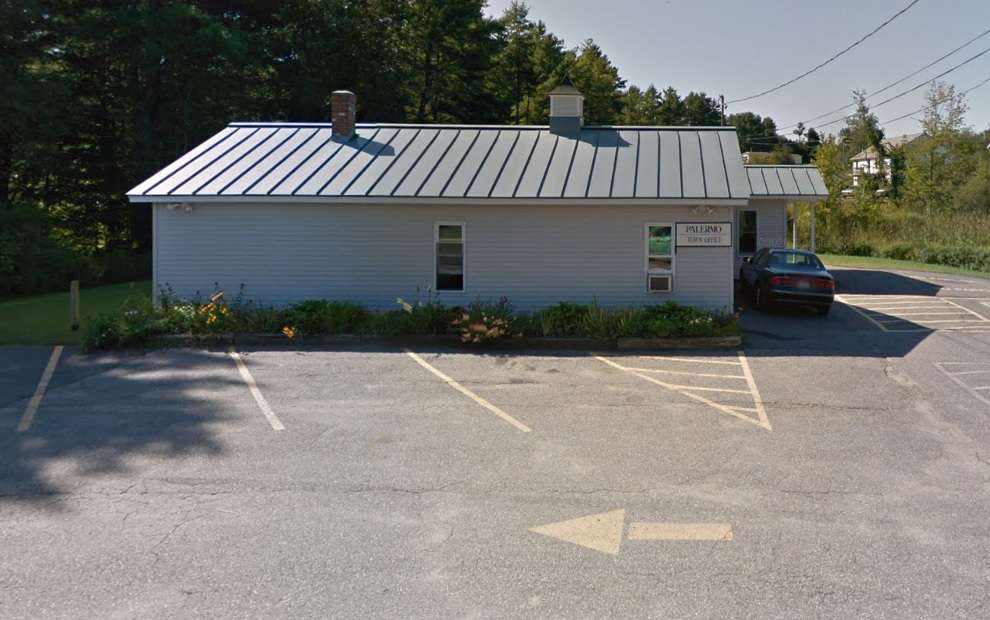Three Vassalboro select board members only residents to see second budget draft
 by Mary Grow
by Mary Grow
The three select board members were the only Vassalboro residents present as they went through the second draft of the proposed 2025-26 municipal budget at a Feb. 12 workshop meeting.
Town Manager Aaron Miller said one resident had emailed him general comments on what the person thinks should – and should not – be in the town’s budget.
Board members spent almost two and a half hours with Miller’s draft budget, revised after their previous meeting Feb. 6 (see the Feb. 13 issue of The Town Line, p. 2).
Decisions were to continue the review at their next regular meeting, scheduled for Thursday, Feb. 20; to invite Public Works Director Brian Lajoie, Transfer Station Manager Adam Daoust and Recreation Director Karen Stankis to come to talk about parts of their budget requests; and to invite Vassalboro Budget Committee members.
Board members intend to have a preliminary recommended draft for the budget committee early in March, allowing time for that group’s review and joint discussion before the warrant for the June town meeting is put in final form.
Town meeting voters make final budget decisions.
Among topics re-discussed Feb. 12 was the need to replace Dunlap bridge on Mill Hill Road. Miller said a state official told him the $200,000 grant awarded last summer could be rescinded under the Trump administration.
Board members considered funding alternatives. Miller will check on costs of taking out a bond for the project.
Board member Chris French said repeatedly that his priority for 2025-26 is a new backhoe at the transfer station, a purchase he said would benefit the whole town. He is therefore willing to cut or postpone other expenditures.
Miller said Vassalboro has a chance to buy a backhoe, paying over three years with no interest.
The Vassalboro Historical Society’s budget request includes $10,000 for a part-time curator, whose job would include digitizing appropriate parts of the society’s collection; advising on accessions and discards; and supervising volunteers.
Board member Michael Poulin objected that the town, as owner of the former school that is the society’s headquarters, is responsible only for building maintenance, not for operations.
These and other topics will undoubtedly be discussed again on Feb. 20. That evening’s select board meeting is scheduled for 5:30 p.m., with the budget discussion at the top of the agenda.
Other Feb. 20 topics include a conversation with Matt Streeter, of Maine Rivers; continued discussion of proposed amendments to Vassalboro’s TIF (Tax Increment Financing) program; transfer station fee changes; and whether voting should be conducted at the town office, Vassalboro Community School or some other place.



 The Palermo Planning Board meeting, schedule for Thursday, February 13, 2025, at the Palermo Town Office, at 6 pm., the purpose to conduct official review of plans for the proposed Pine Hill subdivision on Hostile Valley Road, Tax Map R11, Lot 27C, has been postponed.
The Palermo Planning Board meeting, schedule for Thursday, February 13, 2025, at the Palermo Town Office, at 6 pm., the purpose to conduct official review of plans for the proposed Pine Hill subdivision on Hostile Valley Road, Tax Map R11, Lot 27C, has been postponed.


